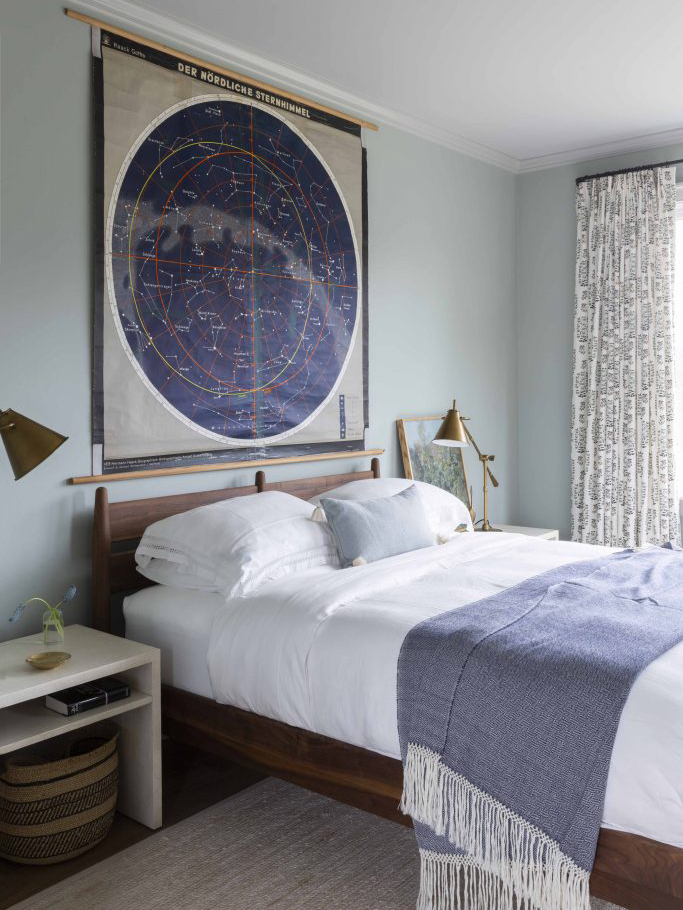We may earn revenue from the products available on this page and participate in affiliate programs.
You’re hyper-aware of how frequently you’re rolling over. And flipping the pillow. And jumbling up your top sheet (why do you even have one?). You wish there were a magical elixir you could just spritz into the air that would help you finally fall asleep. A friendly PSA: Those exist.
Pillow sprays aren’t just for improving your bedroom’s ambience—they can actually help you get the z’s you so desperately need. “Sensory factors, such as smell and touch, can greatly affect the way we fall asleep,” says Karin Sun, founder of bedding brand Crane & Canopy (and a veritable sleep expert, thanks to her near decade of consumer research). “While it has been proven that the quality of our bedding and keeping a cool, dark, quiet setting can affect the way our body feels and the quality of sleep we get at night, our sense of smell plays just as an important role in easing the body and mind into a state of relaxation to fall asleep faster.”
Of course, scent is very personal (your favorite florals might smell positively cloying to your friend). So we organized the latest sprays by fragrance, all of which are shown to have soothing effects—even the ability to induce sleep. Which one is right for you?
Lavender
The facts: You know this one; lavender is one of the most well-researched aromas when it comes to stress and sleep. Studies have shown it has an anxiety-reducing effect, and a 2012 review of previous reports concluded that lavender can moderately benefit those struggling to fall asleep.
Best for: Dreams of Provençal fields of purple.
Neroli
The facts: A brighter, citrusy scent (it is derived from orange blossoms after all), neroli has similar relaxing properties to lavender. In fact, one 2013 study showed that the oil (when blended with lavender and chamomile) helped improve sleep quality and stress levels in ICU patients. Bonus: It can relieve painful symptoms of menopause and reduce blood pressure in postmenopausal women—which, in turn, makes snoozing a little easier.
Best for: Visions of Aperol Spritzes dancing in your head.
Vetiver
The facts: Though clinical trials for this earthy scent are minimal, one pointed toward the ingredient’s anxiety-reducing quality (admittedly, in a test on rats). In aromatherapy, it’s a tried-and-true relaxant that can help you feel grounded.
Best for: Calm, clear thoughts of dense, foggy forests.
Chamomile
The facts: Most often enjoyed in the form ofa hot cup of tea, this floral might just be the thing to help you doze off. One study notes that its mild scent alone has a sedative effect, and additional research has supported its stature as a trusty stress buster.
Best for: A deep sense of inner peace—and heavy eyelids.
Geranium
The facts: An herbaceous-smelling floral, geranium shares similar qualities with lavender—not only has it been shown to decrease the physical and emotional impact of PMS, but it can also reduce stress more generally, so you can put those racing thoughts to rest.
Best for: Pleasant memories of sunny days that lull you into slumber.
See more stories like this: I’ve Tried Every Trendy Sleep Product—These 6 Actually Work This New All-in-One Sleep Machine Will Replace the 10 Apps on Your Phone Kin Euphorics’s Founder Gets Ready for Bed With Her Own Sleep-Inducing Elixir
